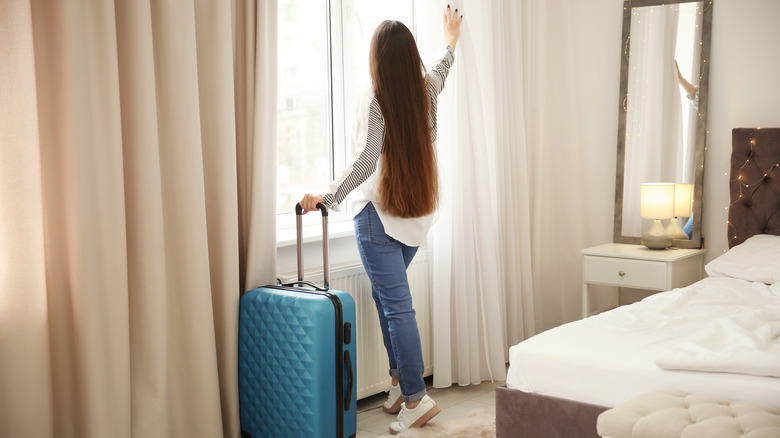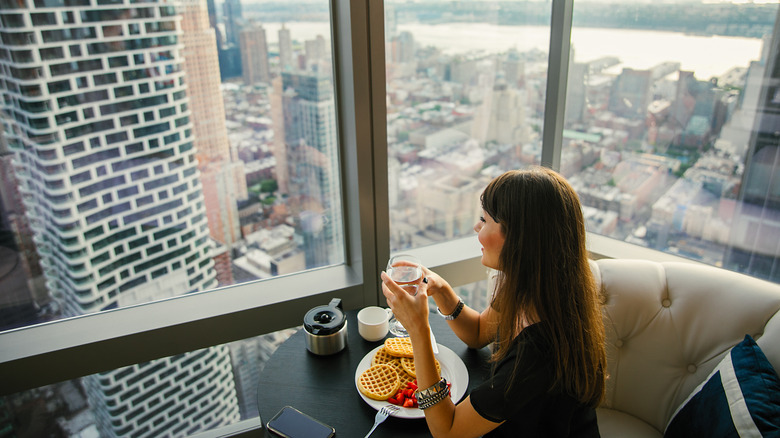Traveling solo has mixed perceptions in society. In popular culture, solo travel can make people think about the positive, empowering journey of self-discovery, as in “Eat, Pray, Love” — or of the frightening crime debacle depicted in “Taken.” From talking with family and friends about taking a solo trip to posting about it online, one can receive a few raised eyebrows in response. However, solo travel is on the rise, particularly among women.
Hotels may feel more safe than hostels or Airbnbs, but being alone in one might still feel vulnerable. Something that can help solo travelers feel safer is making it seem like you are not alone at your hotel, even when onlookers can see you leaving the hotel alone. Amanda Brown of Adventures All Around creates this deception by asking for two hotel keys at the front desk, giving the impression that someone is with her. Hotel workers will be less likely to enter your room if they believe the room was booked for two.
Pretend to talk to someone in your hotel room as you leave

Leaving your personal items in your hotel room can be nerve-wracking. Who knows if someone will enter your room while you are away. Experienced traveler Johnny Jet has a solution for this, which works whether you are traveling alone or with others. “Almost every time I leave my hotel room, including when I’m with my wife and kids,” he writes, “I put the Do Not Disturb sign on the door and say out loud, ‘We’re just going out for a little while. See you shortly when we get back!'” Speaking to someone out of onlookers’ views makes it seem like your hotel room is occupied, which can make you and the items in your hotel room more secure, and less of a target for criminals.
Where you are staying within the hotel matters as well. Try to get a room on a high floor, away from emergency exits. Any thieves or other shady people will have a harder time slipping in and out discretely when snooping in high, centrally-located rooms.

